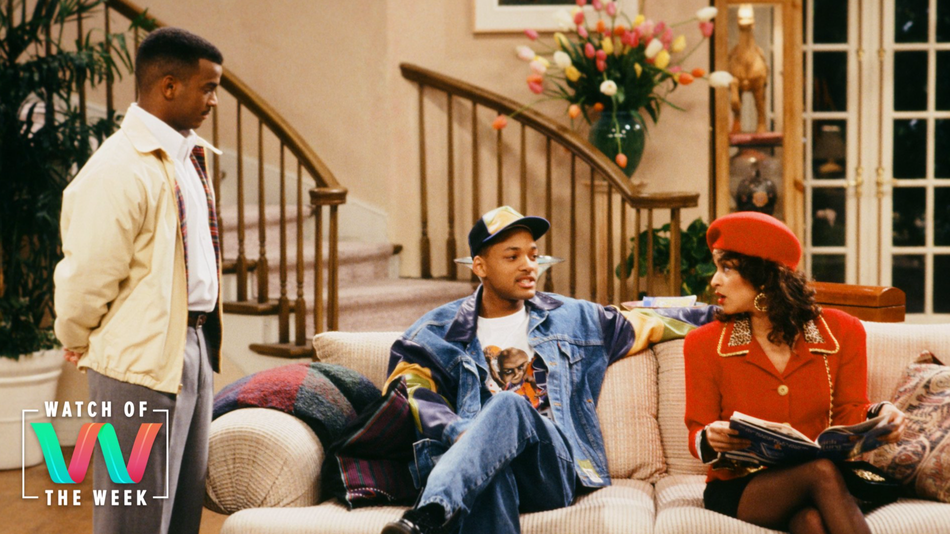
Image: NBCUniversal via Getty Images
The 2020 fall television season has come through with a bounty of new shows and returning favorites, but sometimes novelty isn’t what the discerning TV watcher is after. That impulse to rewatch old favorites or engage in nostalgia is what drives streaming services to compete for comfort binge classics like The Office and Friends — but if I see another article about either of those shows I will snip my router’s power cord and move to the South Pole.
HBO Max debuted earlier this year with a massive catalogue of shows that haven’t popped up for streaming in a while. One of these is The Fresh Prince of Bel-Air, the early-to-mid-’90s sitcom that launched Will Smith’s acting career and takes home the forever award for catchiest theme song of all time. With news that the surviving cast of Fresh Prince have shot a 30-year anniversary reunion special, as well as Peacock’s recent two-season pickup for the show’s dramatic reboot Bel-Air, it’s the perfect time to take a moment, sit right there, and remember why we fell in love with The Fresh Prince of Bel-Air.
It’s the perfect time to take a moment, sit right there, and remember why we fell in love with ‘The Fresh Prince of Bel-Air.’
For many who, like me, were born too young to watch the show as it aired, we experienced Fresh Prince through syndication and its massive pop cultural footprint. In the years after its finale, the disparate parts of Fresh Prince became iconic on their own. Consider the theme song, rappable by people who’ve never seen a single episode; the Carlton dance, endlessly grooving on Fortnite servers worldwide; the Banks family turning up as shorthand for Black wealth in rap songs by Drake, Fabolous, J. Cole, and more; and the fact that Will Smith became literally the most bankable movie star in Hollywood for a solid decade.
Now that it’s possible to watch all six seasons of Fresh Prince from the beginning, it makes sense that the show inspired so many proto-memes and memorable references. The Fresh Prince of Bel-Air slaps in ways that modern sitcoms still struggle to grasp. Each character fits into their TV comedy trope but is never constrained by it, which allows the Banks family dynamic to grow and shift over the seasons. Its jokes are deft enough to navigate racism, respectability politics, and class while keeping up with slapstick standards. And dang, did Fresh Prince know how to cast a guest star.
Fresh Prince aired at a time when Black sitcoms were more common than they are today and benefited from the massive pool of Black actors who began their careers in the late ’80s and early ’90s. In the first season alone I spotted Don Cheadle, Naomi Campbell, Vivica A. Fox, Queen Latifah, and Tevin Campbell, and that’s without going into stars who showed up to play themselves. Watching Fresh Prince as an adult with 20/20 hindsight, the revolving door of guest stars tacks a “where are they now?” minigame onto an already great show.
None of this is to say that The Fresh Prince of Bel-Air or any ’90s sitcom was a perfect show. There are way too many fat jokes directed at Uncle Phil and some of the women, modern audiences will cringe at the miasma of gay panic surrounding Carlton, and references to then-current events might read poorly in 2020, but the heart of the show seems pure enough. There’s a reason the reunion and reboot can’t be described as a comeback — The Fresh Prince stayed fresh and never really left.
The Fresh Prince of Bel-Air is streaming on HBO Max.
